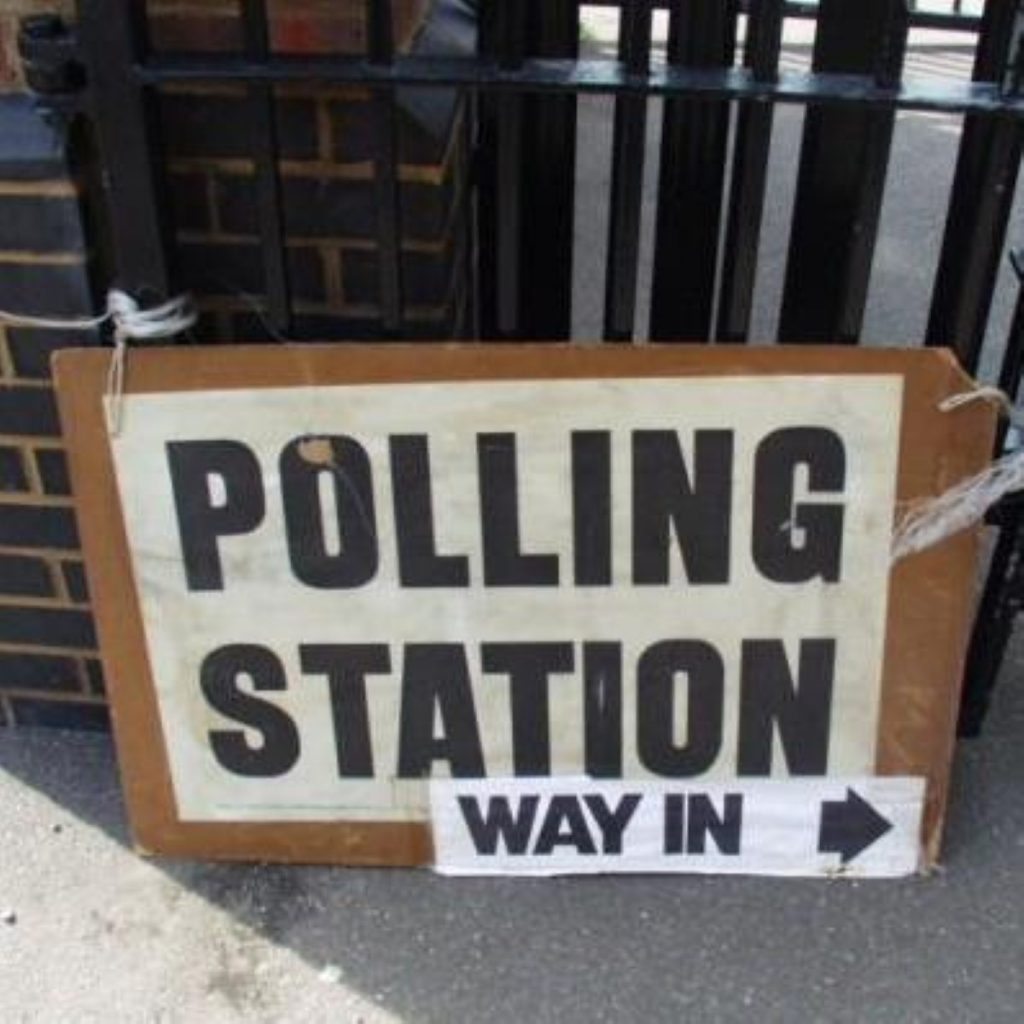New voting security measures ‘inadequate’
New measures to improve electoral security are set to come into force on January 1st, but they have already come in for criticism.
From the start of next year new offences for supplying false information and for falsely applying for a postal or proxy vote will be introduced, signatures and dates of births for postal votes will allow checks to be carried out, and there will be a marked register of postal votes received introduced.
“Democracy is not only about having the choice to vote but also about having confidence in the integrity of the system,” said elections minister Bridget Prentice.
“These measures will improve security and introduce deterrents against fraud so that people have confidence that their vote will be cast and counted fairly.”


But the reforms do not go far enough for some.
The Conservatives point out that in answers to parliamentary questions, the government said only one completed postal vote in five will be checked against this information to save time.
“These new measures are wholly insufficient,” said Oliver Heald, shadow secretary of state for constitutional affairs.
Along with the changes to postal votes, the Department for Constitutional Affairs also announced other changes to voting laws.
These include:
- Strengthening the offence of undue influence and making it effective even where influence has not led to any action being taken.
- Improving the security of ballot papers by replacing stamping instruments with a security mark and barcodes on ballots to help with the administration of lost or stolen postal votes and replacement ballot papers.
- Allowing accredited observers into polling stations to observe the electoral process and other parts of the process, such as the count.
- Increasing the length of time available for the police to carry out investigations into electoral fraud.
- Secrecy warnings to accompany postal and proxy voting papers to deter anyone from unlawfully attempting to influence another person’s vote.









